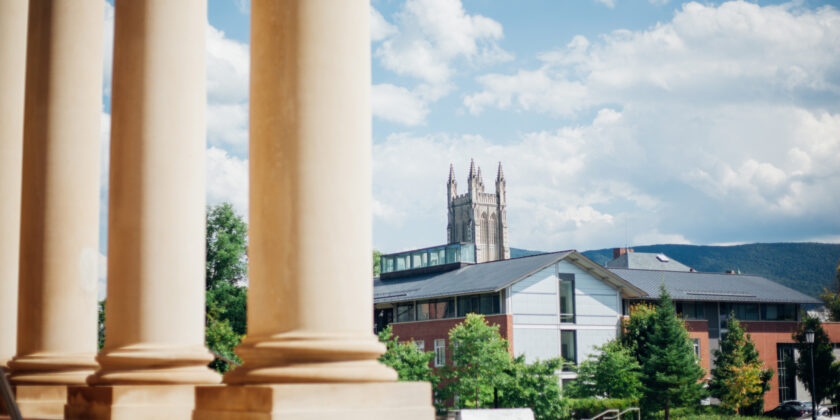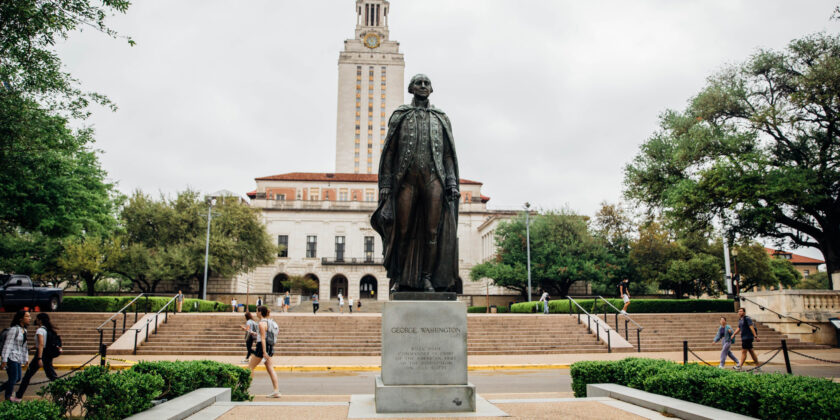The New York Times – 16th Annual Summer Reading Contest
Students are invited to tell the NYT’s what they’re reading in The Times and why, this year in writing OR via a 90-second video.
Contest dates: June 6 to Aug. 15, 2025
Our Summer Reading Contest is our longest-running challenge — and our simplest.
All you have to do to participate is tell us what you’re reading, watching or listening to in The New York Times and why. Students can enter by submitting a short written response — or they can make a video up to 90 seconds long.
Don’t have a subscription? No problem! We’ll be providing dozens of free links to teen-friendly articles, essays, videos, podcasts and graphics every week from June through August.
Got questions? Everything you need is detailed below.
But if you’re a teacher who would like to have your students practice for this now, before the contest begins, note that the only rule around content is that a piece must have been published in 2025. Beyond that, we don’t care if your students pick something on sneakers, starlight, Syria or Saturday Night Live; TikTok, the tropics, Trump or Timothée Chalamet.
The announcement is available as a one-page PDF to download!
*Stay in the know! Subscribe*





